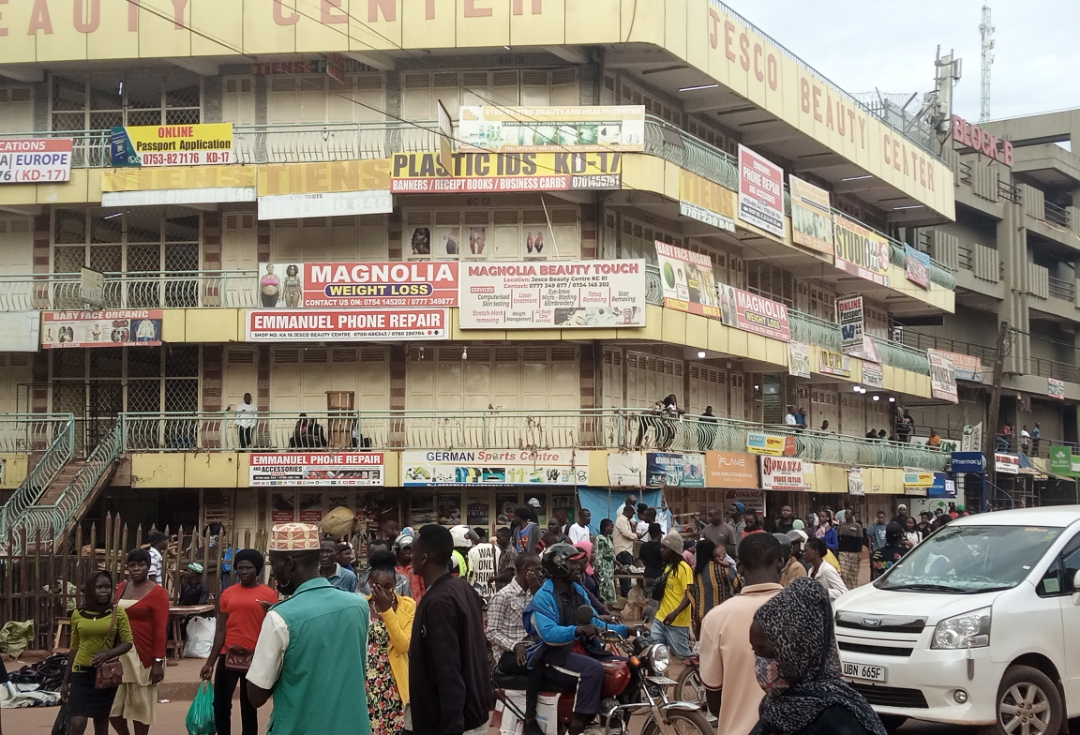Summary:
- Businesses in major towns and cities across Uganda reopened Saturday after a four-day strike against high taxes and a newly enforced revenue collection system
Businesses in major towns and cities across Uganda reopened Saturday after a four-day strike against high taxes and a newly enforced revenue collection system.
The action was launched by the Federation of Uganda Traders Association on Tuesday and spread from the capital Kampala to many other parts of the country.
“We have called off the protests countrywide and agreed to reopen our businesses as consultations with the government on the electronic Fiscal Reciepting and Invoicing Solution, Value Added Tax and other practices that were hindering our businesses” are being held, the president of the association, John Kabanda, told AFP Saturday.
Let Us Build Your Online Success!
We are the experts in creating visually stunning and functional websites. With reliable hosting and exceptional customer support, we bring your vision to life. Join hundreds of happy clients who trust us!
Get Started Now📞 Call/WhatsApp: +256 207 800 192
Shops and other businesses including butchers, bakers and eateries had closed, protesting at high interest rates and taxes, with VAT at 18 percent, and a new levy on imported clothing.
The action was triggered by the government’s enforcement of a tax regime known as EFRIS requiring that all receipts and invoices submitted to the revenue authority must be digital.
On Friday, representatives of shopkeepers met President Yoweri Museveni, who “directed that all penalties should be suspended by the URA (the tax body) for the meantime to give room for wider consultations,” the presidency said.
“We are back in business,” said John Wycliffe Bweza, who runs a hardware shop in Kampala.
“With assurances from the president we can now return to work without fear of being closed by the revenue authority,” the 27year-old added.
Forty-one-year-old Faridah Nakakawa, who deals in imported garments in Kampala’s commercial hub Kikuubo, said: “If the government retains these taxes, we will hold another protest until they act”.

